Finding a person online can involve more than just what is available on Google or Facebook. The deep web contains some useful information that will not be available to ordinary search engines. Archived documents to online records, such as sources, may assist you in reuniting with relatives, complete background checks, or even research family background.
For U.S. users, it is essential to learn how to search the deep web safely and legally to obtain accurate and reliable results.
Deep Web vs. Dark Web
The deep web is the section of the internet that cannot be accessed by the normal search engines. This comprises academic databases, medical records, legal documents, subscription-based services, and government files. It is huge and is not harmful in most cases, and it is meant to keep sensitive data undisclosed to the masses.
The dark web is, however, a tiny part of the deep web, and it needs special software such as Tor in order to use it. The dark web is commonly related to illicit markets, covert discussion boards, and anonymity, unlike the deep web. Although not all activities on the dark web are illegal, it is more likely to be abused and expose people to danger.
In brief, the deep web can be applied in lawful research, genealogy, legal, and people searches, whereas the dark web is a risky area that demands extreme care. It is worth understanding this distinction to use deep web searches in a responsible manner and not to use unsafe areas that U.S. users may want to access.
Reasons to Do a Deep Web Search on Someone
People deep search for someone when surface results aren’t enough. These searches dig into archived records, databases, and specialized indexes to reveal hard-to-find facts. Use them responsibly and legally to get deeper, accurate information.
- Background Check
Court documents, professional licenses and old news that are not displayed on Google can be found on deep web searches. These sources allow employers and landlords to check histories, credentials, and risk possibilities and make decisions.
- Genealogical Research
Genealogy benefits from deep sources like census records, old newspapers, and archived registries. These hidden databases reveal ancestors’ names, dates, and migration patterns that public profiles and modern search engines often miss.
- Find Loved Ones
When people lose touch, deep web tools locate old contact details, archived profiles, or relocation records. They help reunite families, classmates, or friends by revealing historical traces not visible on social media.
- Financial and Legal Reasons
Researchers use deep web sources to find property records, liens, bankruptcy filings, and court documents. Lawyers and investigators rely on these documents for due diligence, fraud checks, or preparing legal cases.
How to Deep Search for People Online
Searching the deep web requires a strategy. Unlike surface web results, the information here comes from databases, archives, and secure platforms. U.S. users can follow multiple methods, from simple tools to advanced techniques. Here’s a breakdown of the most effective approaches for deep people search.
Start with a Basic Search Engine
Search engines like Google often provide the first step toward deeper searches. While they only cover the surface web, creative queries can uncover leads. Using quotation marks, name variations, or combining with location details increases accuracy. This method is fast, free, and widely accessible.
Steps:
- Open Google on your browser.
- Type the person’s full name in quotes for exact matches.
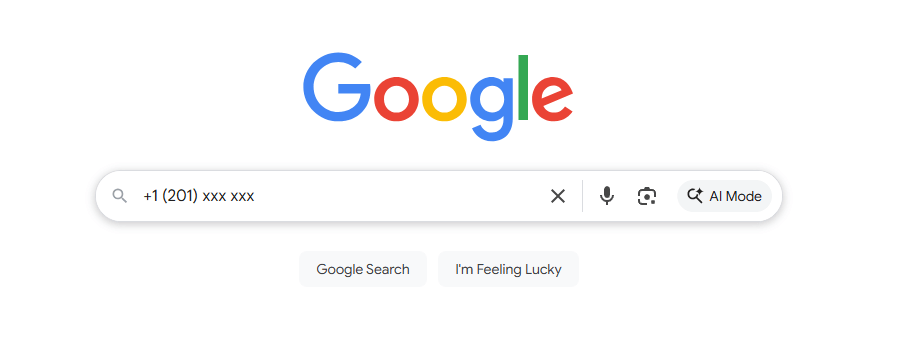
- Add location, job title, or school to refine results.
- Review linked sources that may connect to deeper records.
Check Internet Archive
Billions of online webpages are archived in the Wayback Machine, which can be a wonderful resource to discover what was happening on the Internet in the past. Even after being deleted, there was the probability that a person would still have their own site, profile, or blog. It comes in handy to trace the lineage and ancient records.
Steps:
- Visit the website.
- Enter the website or profile link of interest.

- Select a timeline snapshot to view historical versions.
- Extract information such as addresses, affiliations, or contact details.
With People Search Engines
People search engines specialize in assembling records. They collect community information such as phone numbers, addresses, and backgrounds from various databases. Some are complementary while others give premium reports. They are time-saving and quicker than manual searches.
Zabasearch
Zabasearch is a U.S.-based people deep web search engine that compiles publicly available information. It helps with addresses, phone numbers, and background history. It’s best for reconnecting with lost contacts or verifying details for personal research.
Steps:
- Go to the website.
- Type the person’s full name and state if known.

- Browse through available profiles.
- Review address history or phone numbers provided.
Cellphone Location
Cellphone Location is an online reverse phone lookup system that provides ownership and location information about a number. It integrates the data of carriers, social media and updated community to enhance accuracy, unlike general directories. It can be used to get in touch with contacts again or to establish the authenticity of a caller.
Steps
- Visit the website.
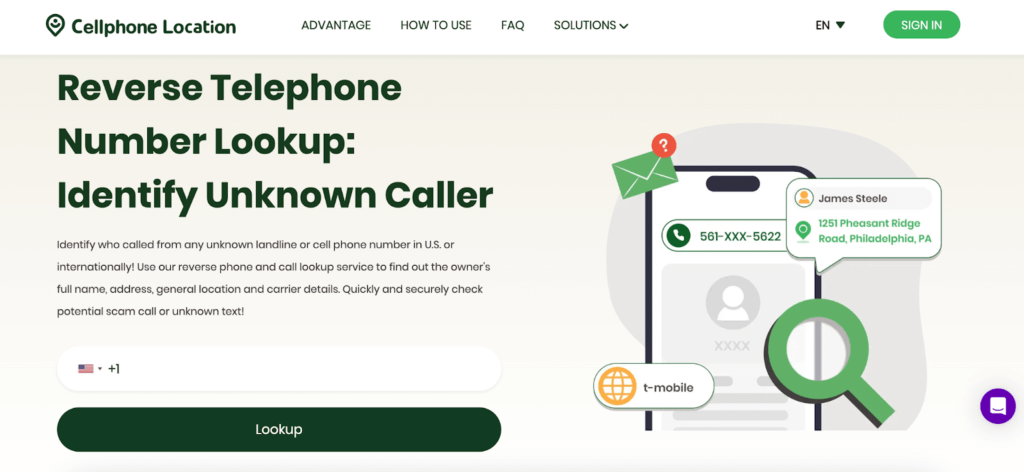
- Enter the target phone number.
- Enter your email address and wait while the system matches details.
- View ownership records nd possible location details.
Use the Tor Network
Tor enables anonymous navigation, which means one can access concealed websites that can hold personal data or records. Although commonly associated with dark web, Tor can be used to conduct research safely in places where whistleblowers talk, niche forums, and archives as well.
Steps:
- Download and install Tor Browser.
- Connect to the Tor network.
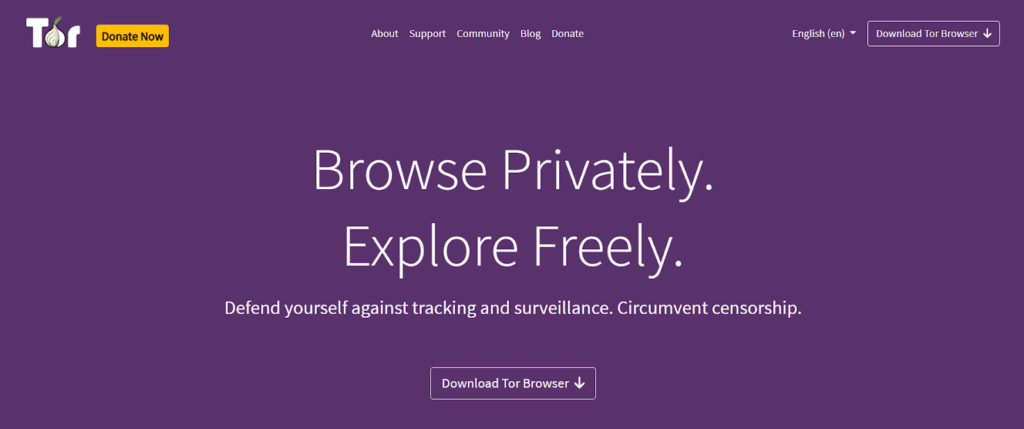
- Enter keywords or hidden service links.
- Explore niche directories for possible personal references.
Search Niche and Local Sources
FamilySearch is a genealogical site that contains the U.S. historical records, family trees, and archives. It is great for searching the depths of the web to find information about family history, marriage, or ancestry that could not be found in more popular search engines.
Steps:
- Create a free FamilySearch account.
- Enter the person’s name and location.
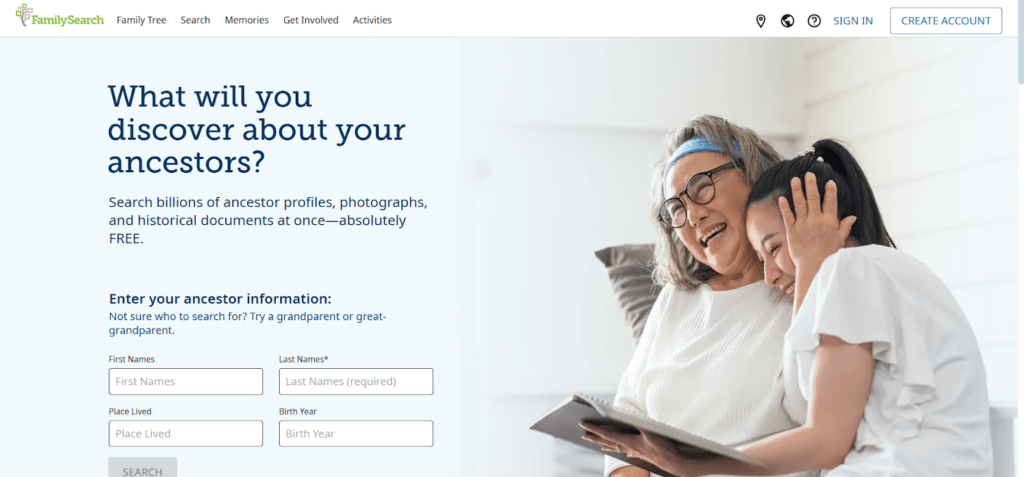
- Browse census, birth, or marriage records.
- Save relevant genealogical information for reference.
Check Public Records & Government Database
Many U.S. states provide access to voter registration, court filings, or property databases. For example, Kansas offers MyVoteInfo for voter verification. These government resources are highly reliable and often free to access.
Steps:
- Visit your state’s public records portal.
- Enter identifying details like name or voter ID.
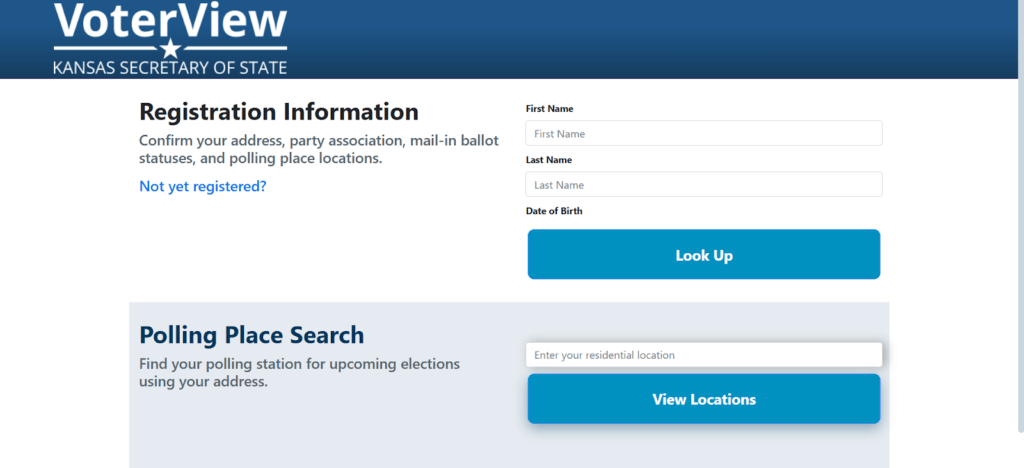
- Review available documents such as addresses or affiliations.
- Use the data for legal or genealogical research.
Is It Legal to Do a Deep Web Search?
Yes, performing a deep web search is legal in the U.S., provided the information comes from public or authorized databases. Accessing academic archives, government records, and genealogy websites is perfectly lawful. However, misusing or hacking into restricted databases is illegal and punishable under U.S. law.
Users must also respect privacy regulations such as HIPAA for medical data and FERPA for education records. To stay compliant, always ensure you’re using verified tools and accessing information intended for public or personal use, not confidential or unauthorized data.
FAQ
- Is a deep search anonymous?
Not always. While some tools mask your identity, most deep web searches through archives and databases can be traced. Using Tor enhances anonymity but it should be used responsibly.
- Is DuckDuckGo a dark web engine?
No. DuckDuckGo is a privacy-focused search engine. While it doesn’t track user data and can index some hidden content, it isn’t a dark web tool.
- Can employers use deep web search when hiring?
Yes, but within limits. Employers may use deep web searches for background checks, but they must follow FCRA compliance in the U.S. to avoid discrimination and protect candidate privacy.
Conclusion
A deep web search provides valuable insights into people’s history, genealogy, and records beyond surface-level results. From archives to people search engines, multiple legal options exist for U.S. users. By combining these tools responsibly, you can reconnect with loved ones, verify identities, or explore family roots while staying safe and compliant online.